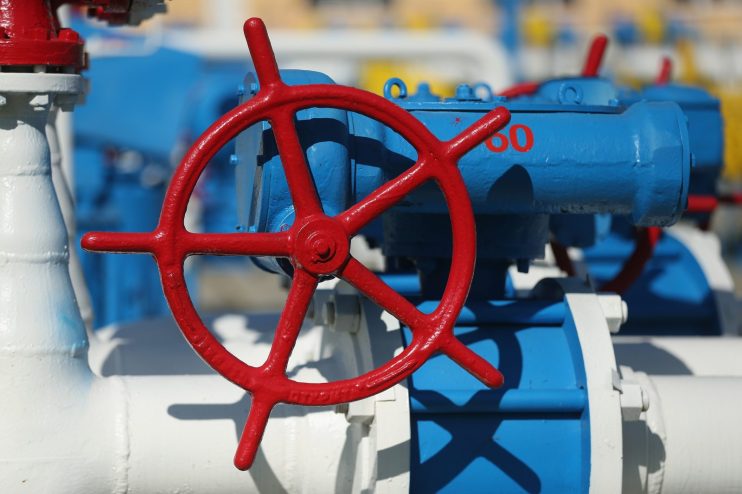National Grid’s £4.2bn gas sell-off to Macquarie comes under fire from Vince Cable

Former business secretary Vince Cable has criticised National Grid’s decision to sell a 60 per cent stake in NGG, its gas transmission and metering business, to Australian finances group Macquarie.
He told The Times that Macquarie’s “record as owner of Thames Water raises questions over its suitability to run a crucial utility.”
Macquarie was in charge of Thames Water between 2006 and 2016, loading the company with debt while paying huge dividends.
Under its stewardship, the water company was fined £20m for pumping sewage into the Thames and other rivers.
Cable added: “[NGG] needs longer-term investment cycles than [Macquarie is] used to.”
Kwasi Kwarteng, the business, energy and industrial strategy secretary, has reporedly spoken to John Pettigrew, National Grid’s chief executive about the sale.
Macquarie is understood to have meetings lined up with government officials this week.
The £4.2bn deal for NGG follows its acquisition of National Grid’s gas distribution network in 2017, which is now called Cadent.
If Cadent acts as the “local roads” of the country’s gas network, then NGG is comparable to the motorways, taking gas from international pipelines and moving it to regional hubs.
Macquarie wants NGG’s 8,000km of pipework to be the “backbone” of a transmission network which could supply hydrogen across the country.
A government spokesman told the newspaper Kwarteng has the power to “intervene . . . where necessary”.
Sir Ed Davey, leader of the Liberal Democrats and a former energy secretary, argued “any firm seeking to profit unfairly from the gas network needs to be told loud and clear they will be stopped”.
Gary Carter, national officer at GMB, the trade union, told The Times the move contradicted the government’s recent push towards energy independence.
He said: “Flogging more of the national silver to a foreign company doesn’t immediately look like a good way to improve our energy security.”
Over the past 15 years Macquarie claims to have invested £50bn in UK infrastructure.
It owns a large chunk of Southern Water, multiple airports and Kcom, which owns the telephone network in the Hull area.
Wholesale costs have soared over the past 12 months, contributing to mass carnage in the energy industry which has seen dozens of suppliers collapse and household energy bills spike to nearly £2,000 per year from April.
Following Russia’s war with Ukraine, which saw natural gas prices spike to £8 per therm earlier this month, there are concerns the price cap could close in on £3,000.
The government is set to unveil its energy security strategy – with an expected ramp up in renewables and nuclear power as it pivots from natural gas and markets influenced by Kremlin-backed hydrocarbons.
National Grid is also shifting from gas, and is now moving towards electricity.
Last year it agreed to buy Western Power Distribution, which supplies electricity to almost eight million customers in the Midlands, south Wales and the southwest.